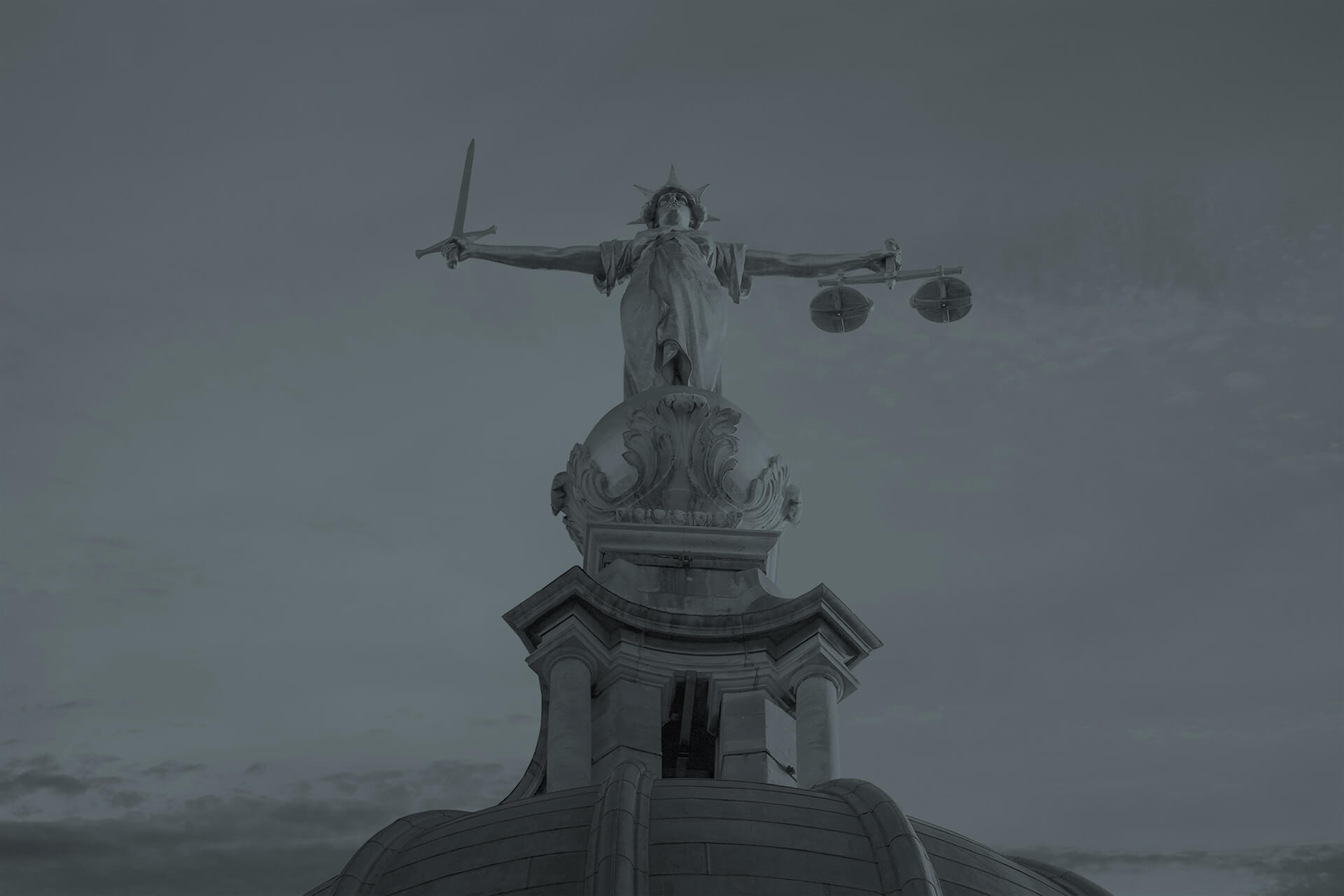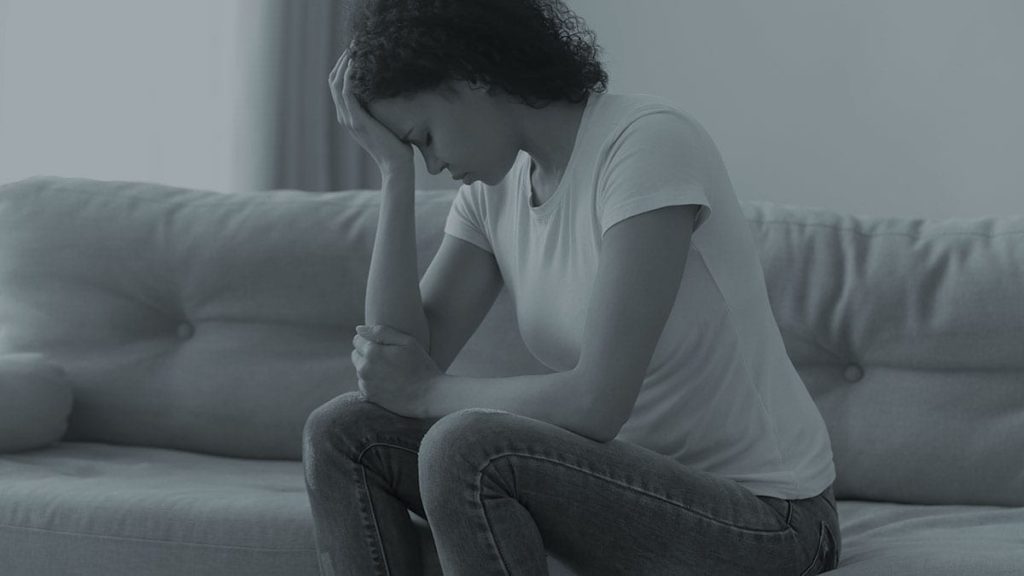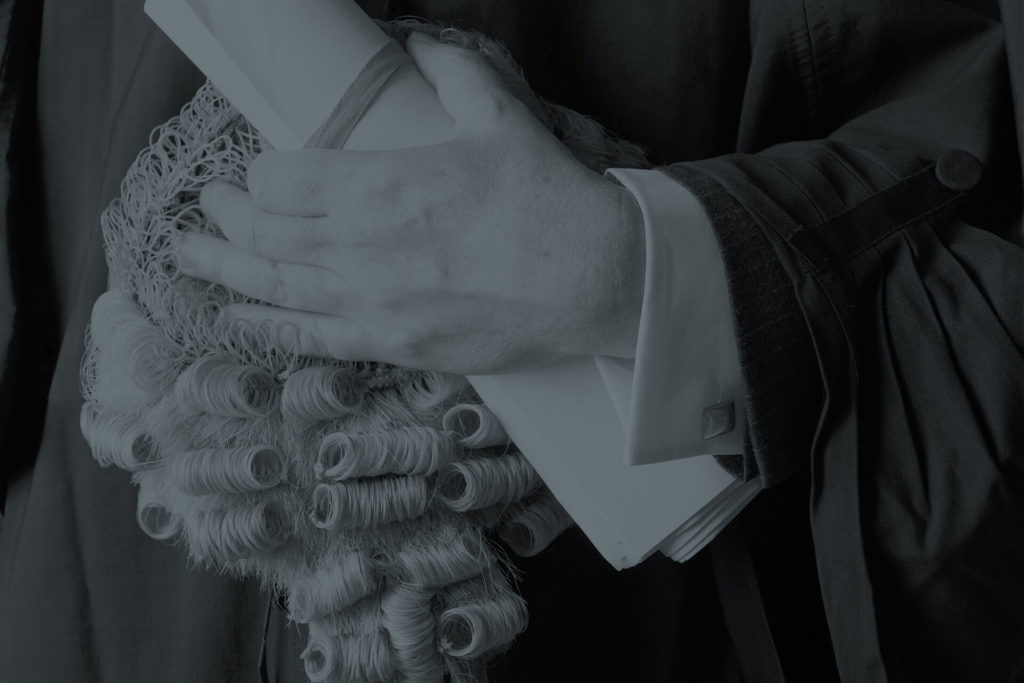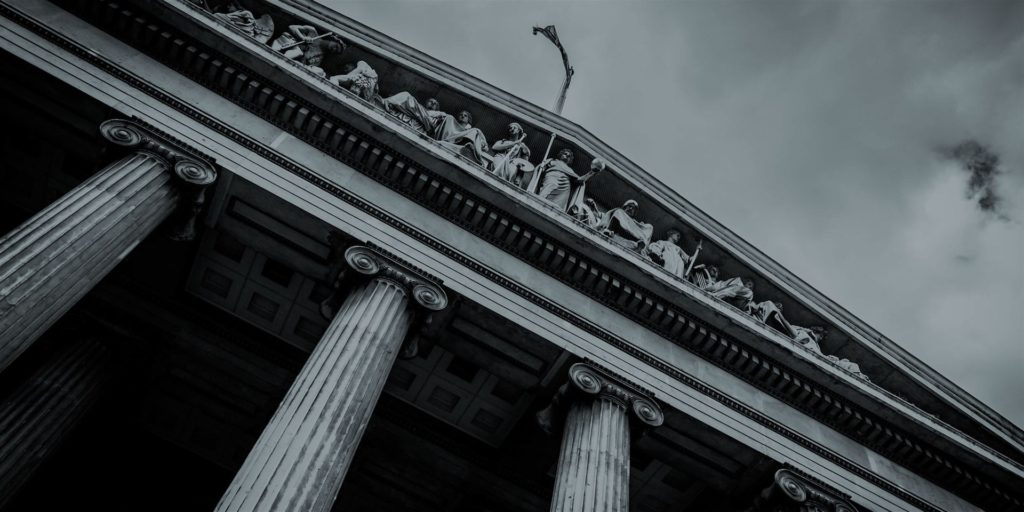Send your enquiry.
Contact us for a free, initial no obligation consultation.
"*" indicates required fields
Your information is safe and treated in accordance with our Privacy Policy
A jury will be discharged if there is a hung jury. A jury can also be discharged during the course of a criminal trial if an error occurs and this compromises the integrity of proceedings.
If you need a criminal defence lawyer, please contact us at Ashmans Solicitors. We defend those who have been accused of criminal behaviour across England and Wales. We can take your call 24 hours a day, 7 days a week.
When can a jury be discharged?
A jury will be discharged if there is a hung jury. This means that the jury cannot decide whether the accused should be found guilty or not guilty. When there is a hung jury, the judge discharges the jury and the trial ends immediately. The Crown Prosecution Service (CPS) must then decide whether or not to order a new trial.
A jury will also be discharged if an error is made during the course of a trial, and this could affect the defendant’s right to a fair trial. For example, it could be that a witness gives inadmissible evidence, or the jury is shown something they should not have seen, or a judge or barrister makes an inappropriate comment.
Juries discharged at the discretion of the trial judge
Where there is a hung jury, the judge has no choice but to discharge the jury.
However, where an error has been made, the defence and/or prosecution must decide whether to raise an application to have the jury discharged. This is a tactical decision for each side to consider.
If the trial is going very well for our defence team, we may choose to ‘ride the error’ and continue with proceedings. But if the trial is not going well, it could be a good opportunity to have the jury discharged. The prosecution will have similar thought processes.
If either side asks to have a jury discharged, the matter will be considered by the trial judge. A decision is made at the judge’s discretion. Judges are typically reluctant to discharge juries partway through a trial, and applications are only accepted if there are strong grounds to do so.
Could this be the basis of an appeal?
If you apply to have a jury discharged but the application is refused, you might feel aggrieved if you are later convicted by that jury. However, the Court of Appeal has ruled that the refusal to discharge rarely leads to a successful appeal.
The Court of Appeal states: “the only basis upon which an appeal against a conviction can be allowed is if the conviction is unsafe…In general, it is likely to be very difficult to establish that the refusal to discharge a jury […] rendered a conviction unsafe.”
Help from our solicitors
As your criminal defence lawyers, these are all matters that we can advise you on in greater detail. If an error is made during the course of your trial, we can recommend whether to make an application to discharge the jury. We can also guide you through the next steps, if that application is accepted by the judge, or if the prosecution makes an application.
If you are convicted and we believe this decision is unsafe, we can also advise on the prospects of appeal.
Contact us now
If you have been accused of a criminal offence, contact us now for free legal advice.
Call us on 0333 009 6275. We are available to take your call 24 hours a day, 7 days a week.
You can also email us on enquiries@ashmanssolicitors.com or complete our Free Online Enquiry Form and we’ll be in touch soon.




